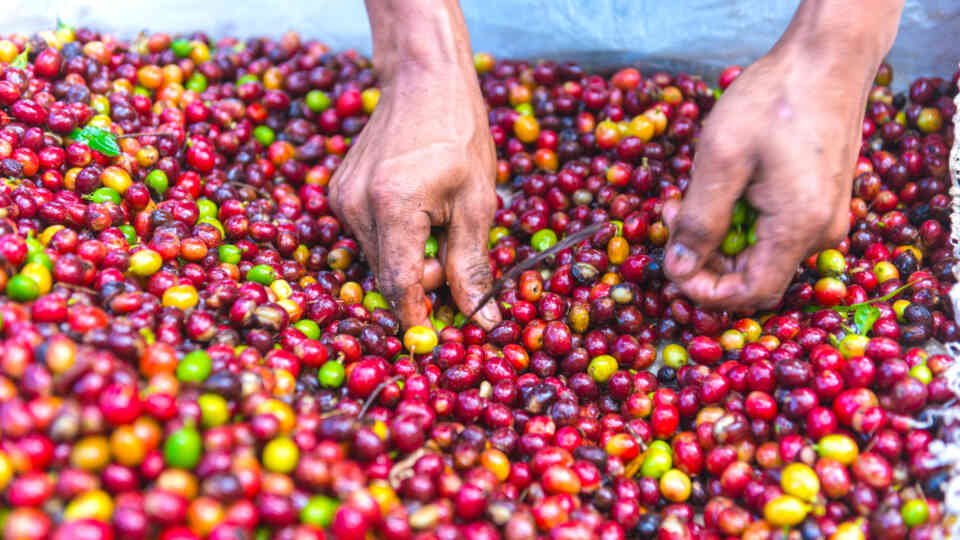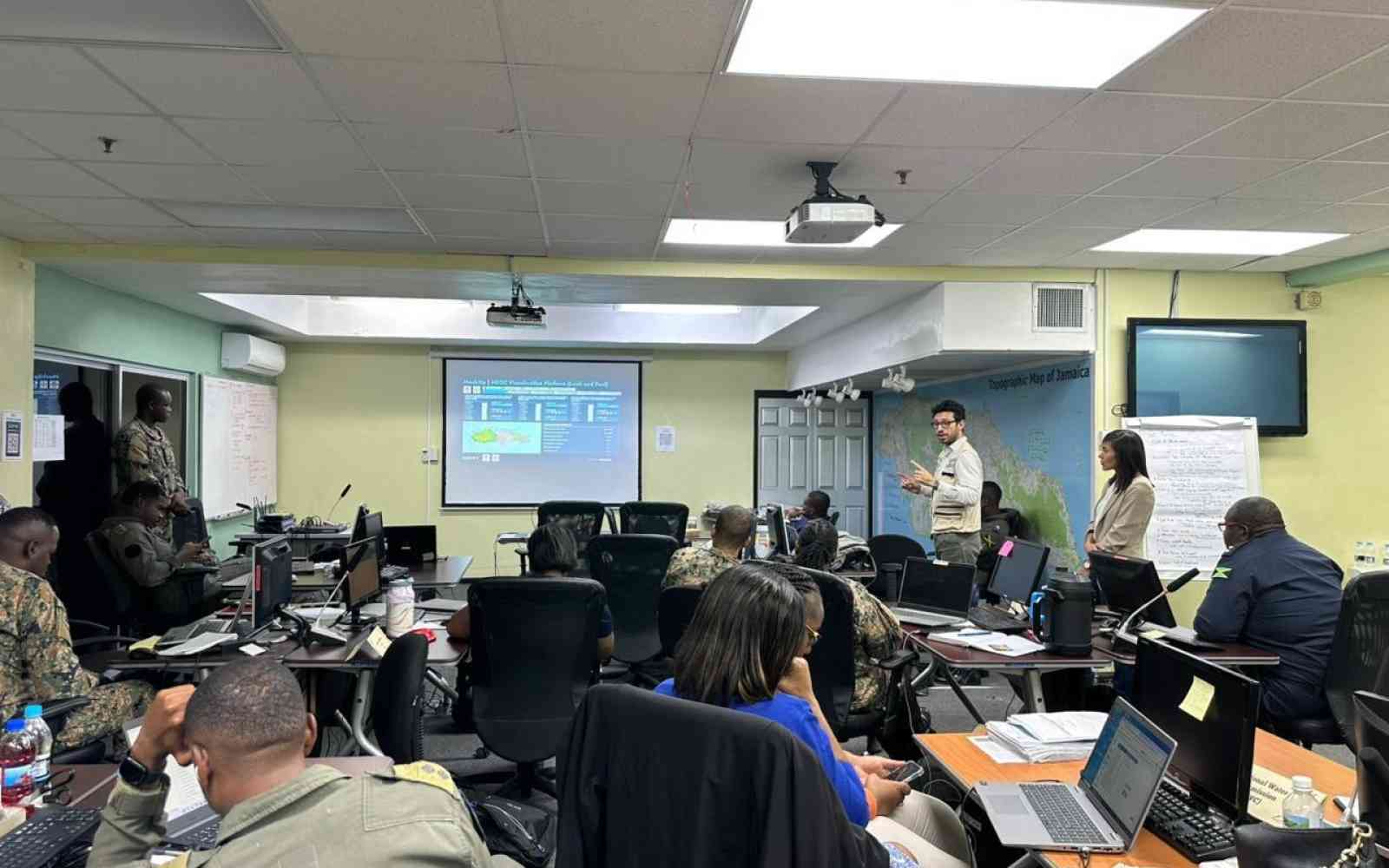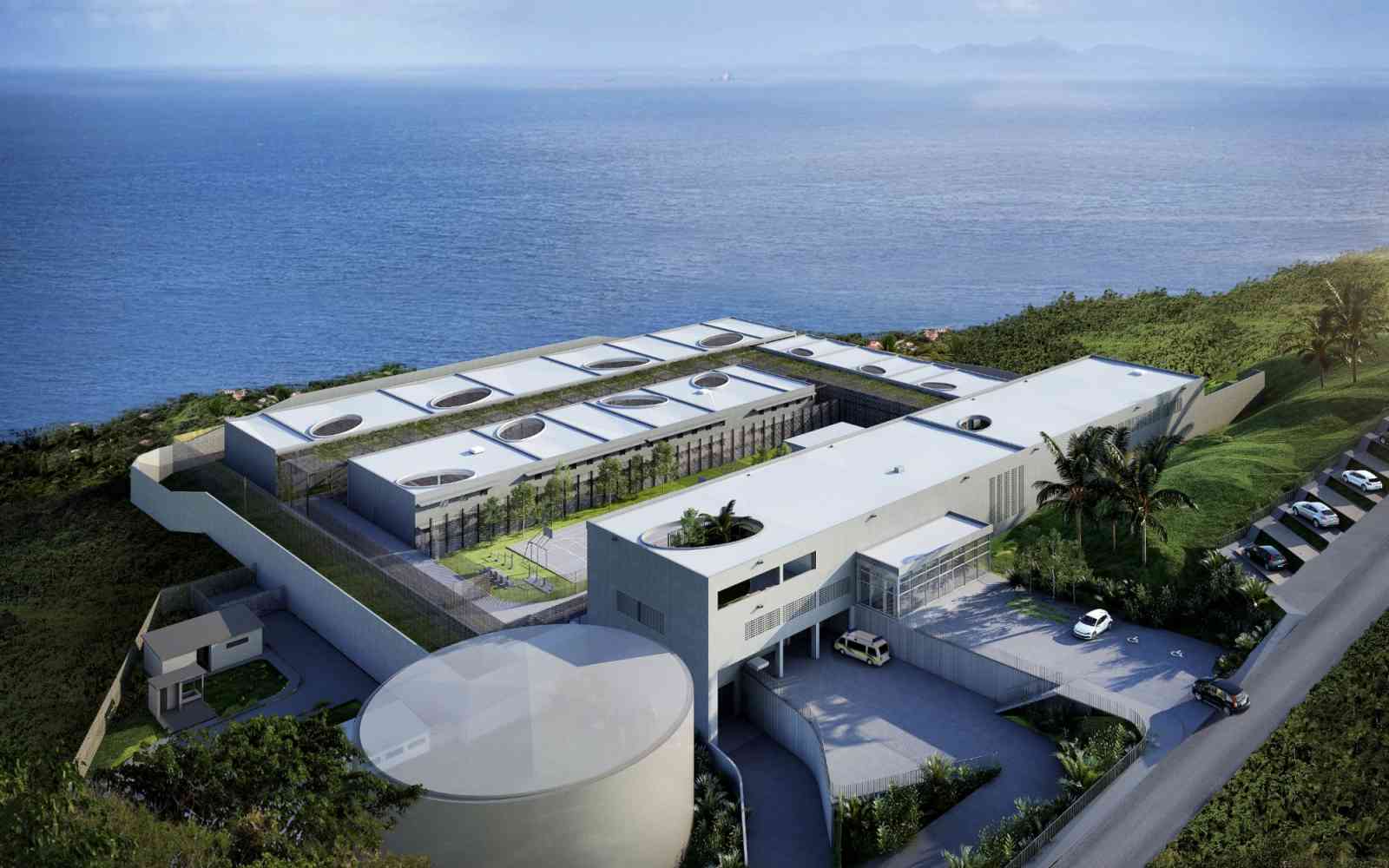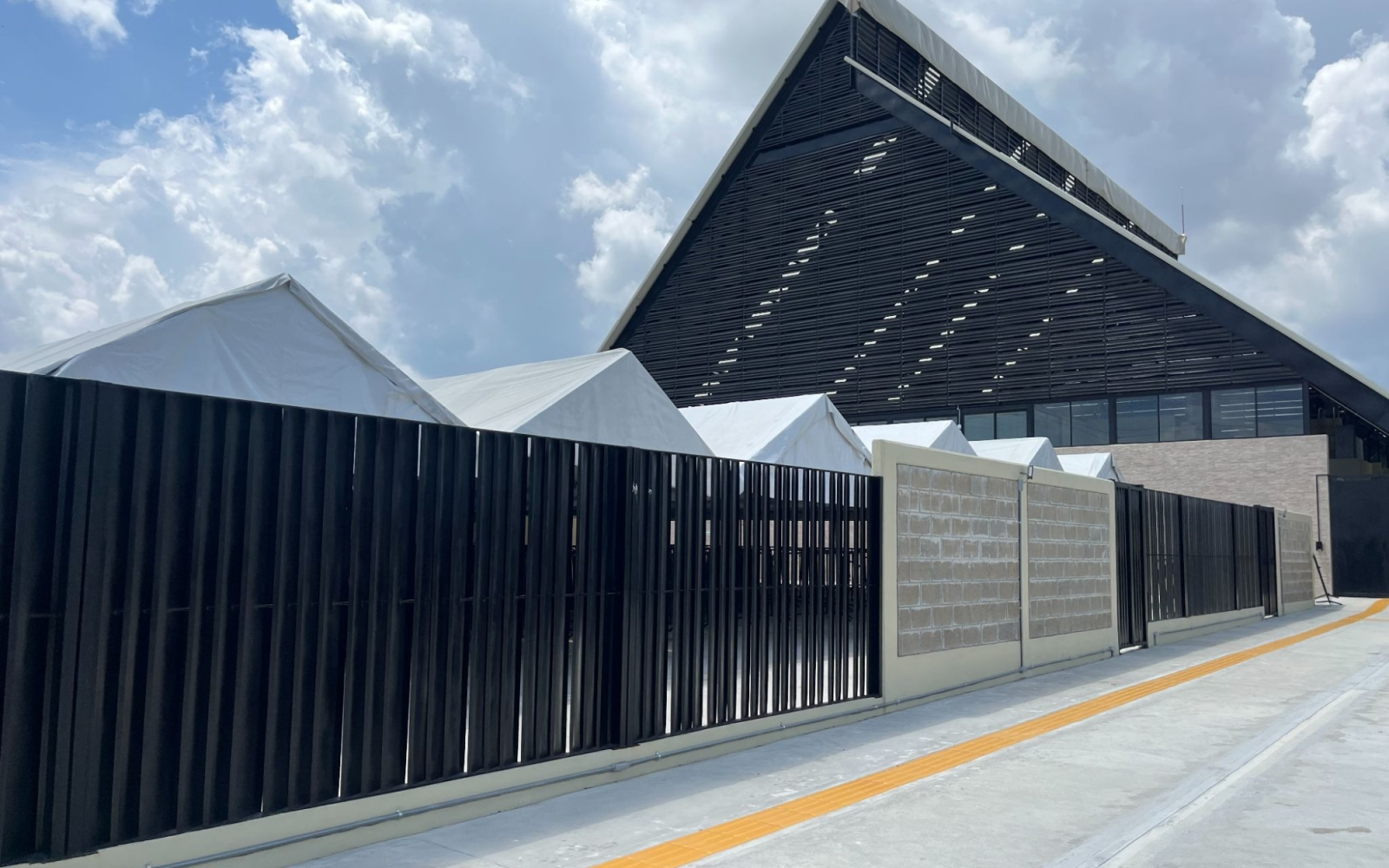The United Nations Office for Project Services (UNOPS)

Supporting resilient infrastructure in El Salvador
In partnership with UNDP and El Salvador’s Ministry of Public Works, UNOPS is helping the country protect itself from future climate-related risks.
El Salvador is vulnerable to natural hazards and exposed to a growing number of tropical storms and hurricanes from the Pacific and Atlantic Oceans. The rainy season takes a heavy toll on the country's infrastructure, putting the lives and livelihoods of those living in vulnerable urban areas at risk.
Funded by the United Nations Development Programme (UNDP) and in coordination with the Ministry of Public Works, infrastructure improvement projects have helped to mitigate the effects of heavy rainfall. In 2010, UNOPS provided technical assistance to these projects, which help protect El Salvador from climate-related disasters, while increasing the country's capacity to manage ongoing risks and improve infrastructure to facilitate sustainable development.


In 2011-2012, UNOPS supported a recovery project that followed a devastating flood that caused a bus accident where 32 people lost their lives. The project cleared away a sandy area near Monserrat, San Salvador and installed a 216-metre concrete channel. The construction and rehabilitation of this key infrastructure included excavation, demolition and dredging of the channel; building a two-layer foundation; and demolition and reconstruction of a concrete bridge.
This project helped to improve the safety of approximately 25,000 people and their properties in the area. As a result, the residents' property value increased and their neighbourhood economy was revitalized.
UNOPS Executive Director, Grete Faremo, visited the area in June 2015, where she spoke with local residents about the impact the improved infrastructure had on their lives, as well as those who live and work in the nearby area. The Minister of Public Works, Gerson Martínez, called the improvements not just an infrastructure project, but a "human" one, due to the increased protection provided to locals.
Also in 2011, UNOPS reviewed technical files of 15 bridges affected by Hurricane Ida, which swept through Central America, the northern Caribbean region and the United States. UNOPS has also supported several projects in 2015, including mitigation works, design and construction of rural roads, and warranty follow-up procedures on rural roads. These investments aim to better protect houses, roads, bridges and existing drainage, and improve overall water management and diminish pressure on water resources.
UNOPS-supported projects implemented under UNDP and the Ministry of Public Works have benefitted approximately 150,000 people between 2010 and 2015. In addition to greater protection from climate-related accidents, communities have benefited from improved access to health, education and different markets, and improved transportation conditions, increasing access to employment opportunities.
Captions
- (L) A 216-metre concrete channel improves water management during periods of heavy rainfall.
- (R) In efforts to build resilience to climate change, UNOPS improved drainage systems along rural roads.











